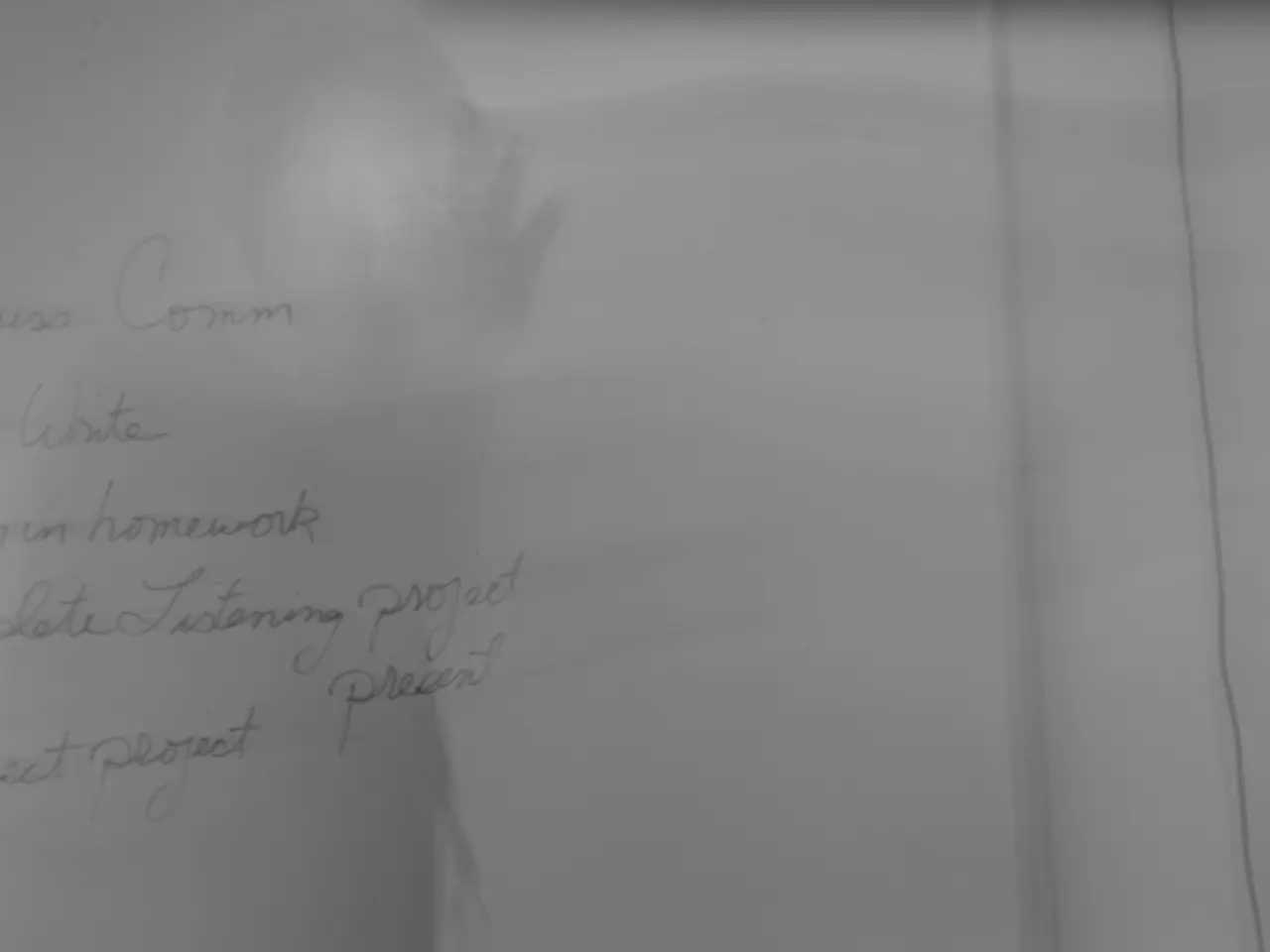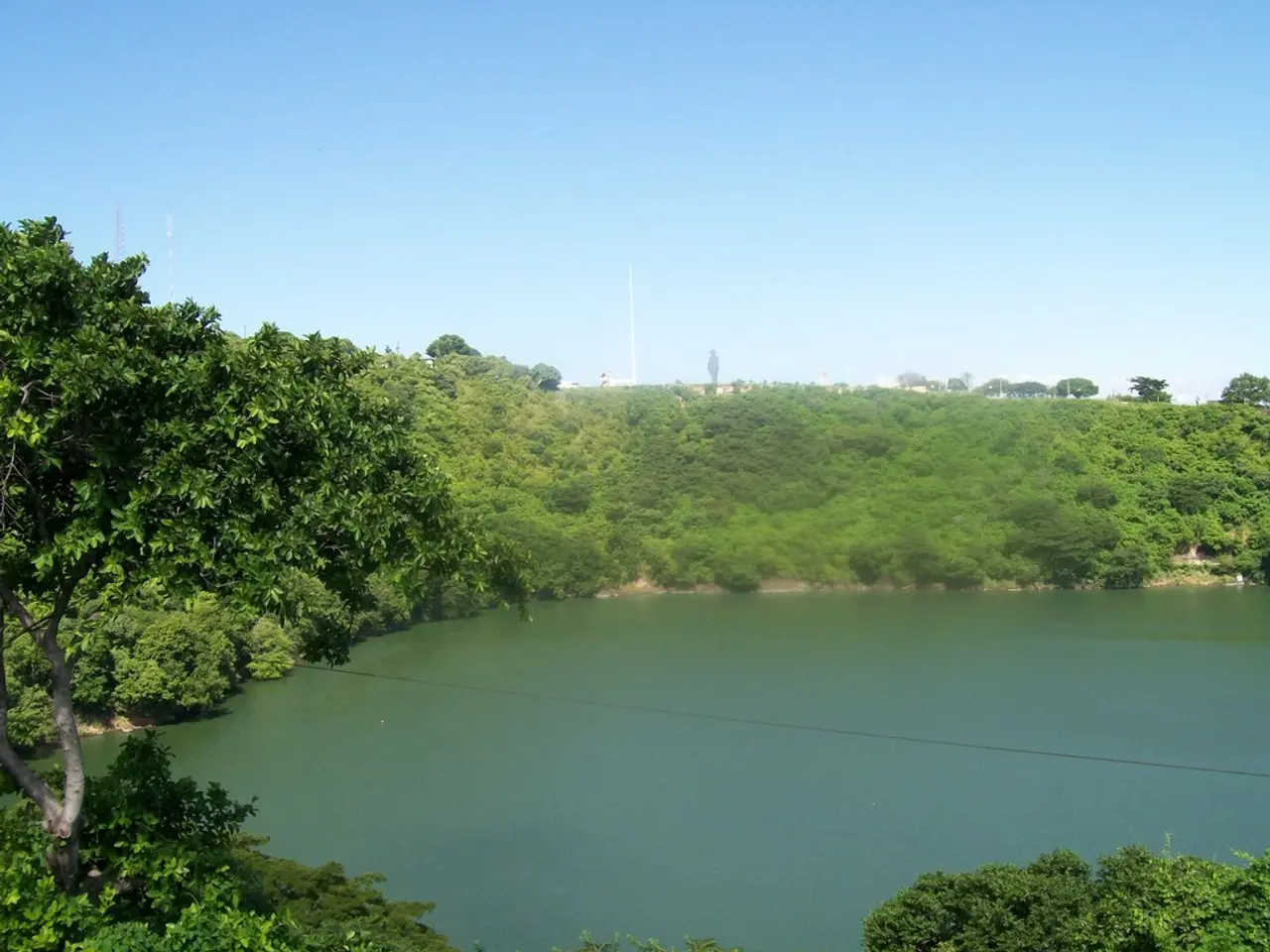Deepening crisis in Nigeria as concern grows over the detained president and warnings issued
The Economic Community of West African States (ECOWAS) faced a significant setback in its attempts to restore ousted President Mohamed Bazoum in Niger following the coup of July 26, 2023. Despite issuing an ultimatum, imposing a no-fly zone, closing borders, and enacting severe economic sanctions, ECOWAS's threat of military intervention was effectively deterred [4].
The coup crisis in Niger deepened on Friday, with President Bazoum describing his treatment as "inhuman and cruel," as he and his family, including his 20-year-old son with a serious heart condition, have been deprived of food, electricity, and medical care for several days [1]. The African Union expressed concern over the treatment of President Bazoum, calling it "unacceptable," while Human Rights Watch condemned the situation as well [2].
Niger is currently grappling with a brutal terrorist insurgency that has claimed thousands of lives, forced many people from their homes, and undermined faith in government [1]. The country faces a double terrorist insurgency, both in its southwest and from militants crossing into the southeast [1].
The crisis precipitated a broader regional realignment, with Niger, Mali, and Burkina Faso formally leaving ECOWAS and forming a new alliance, the Alliance of Sahel States (AES), largely outside the traditional regional framework [1][3]. Mali and Burkina Faso, both ruled by military governments, warned that an intervention would be a "declaration of war" on their countries [1].
ECOWAS did not provide details on the force or any timetable for action in the crisis, and Ivory Coast President Alassane Ouattara described the situation as a "terrorist act" [4]. Those two countries, along with Guinea, were not represented at the Abuja summit, where ECOWAS discussed its response to the crisis [4].
Niger is experiencing its fifth coup since gaining independence from France, and President Mohamed Bazoum was ousted by members of his guard [4]. The Economic Community of West African States (ECOWAS) approved the deployment of a standby force to restore constitutional order in Niger, but the deadline for action passed without any action being taken [4].
The European Union, African Union, United States, and other voices have expressed alarm for President Bazoum, with EU foreign policy chief Josep Borrell calling for the immediate restoration of President Bazoum to office [4]. The future of Niger and the Sahel remains uncertain amid ongoing security challenges and shifting international alliances.
| Event | Date | Outcome/Status | |------------------------------|------------------|-----------------------------------------------------| | Coup in Niger | July 26, 2023 | Bazoum detained; junta in power | | ECOWAS ultimatum | August 2023 | Expired without military intervention | | Formation of AES | Late 2023 | Mutual defense bloc staves off ECOWAS intervention | | Withdrawal from ECOWAS (announced) | Jan 28, 2024 | Withdrawal finalized Jan 29, 2025 | | ECOWAS transition period | Jan–July 2025 | AES rejects extension; exit process underway |
Sources: [1] BBC News. (2024, January 28). Niger, Mali and Burkina Faso leave Ecowas. Retrieved from https://www.bbc.co.uk/news/world-africa-57047701 [2] Human Rights Watch. (2023, August). Niger: New President Must End Abuses. Retrieved from https://www.hrw.org/news/2023/08/16/niger-new-president-must-end-abuses [3] Reuters. (2024, January 28). Niger, Mali and Burkina Faso to leave ECOWAS. Retrieved from https://www.reuters.com/world/africa/niger-mali-burkina-faso-leave-ecowas-2024-01-28/ [4] The Guardian. (2023, August). Ecowas threatens military intervention in Niger. Retrieved from https://www.theguardian.com/world/2023/aug/16/ecowas-threatens-military-intervention-in-niger
World news outlets reported on the ongoing crisis in Niger, as the African Union and Human Rights Watch expressed concern over the treatment of President Mohamed Bazoum following his ousting in a July 2023 coup. Amidst this, Europe showed interest, with the European Union's foreign policy chief, Josep Borrell, calling for the immediate restoration of President Bazoum to office. The broader political landscape was also affected, as the crisis precipitated a regional realignment with Niger, Mali, and Burkina Faso leaving ECOWAS to form the Alliance of Sahel States (AES), which, in part, was a response to ECOWAS's threat of military intervention. The question of war-and-conflicts in the region became intertwined with politics and general news, as crime-and-justice issues, such as the ongoing terrorist insurgency in Niger, further complicated the situation.








